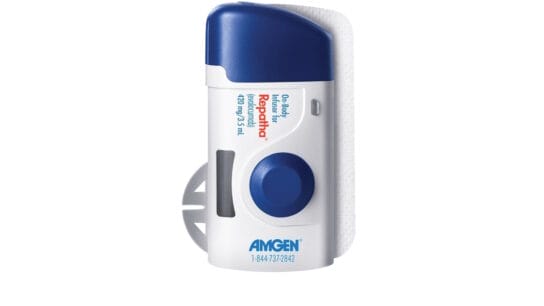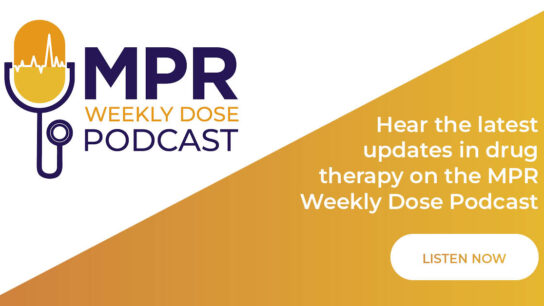Climate change is sending more and more people unprepared for heatwaves to the nation’s emergency departments.
Cardiovascular Disease
News and Features
Antihypertensive medication initiation also linked to higher risk for severe falls requiring hospitalization, ED visits.
Two studies show recurrence within blanking period is associated with increased risk for recurrence in long term.
At this time, there have been no reports of adverse events associated with this recall.
Risks increased for stroke, venous thromboembolism, myocardial infarction, heart failure, fracture, pneumonia, acute kidney injury.
Up to half of people with a cardiovascular risk factor did not see a primary care clinician or cardiologist in the past year
AB-1002 is an investigational one-time gene therapy that promotes increased production of protein inhibitor 1.
Hundreds of injuries and 14 deaths have been linked to the devices
Risk for experiencing acute cardiac event higher for adults with underlying cardiovascular disease
The Repatha Pushtronix System will be discontinued as of June 30, 2024.
No reduction in risk for first hospitalization for heart failure or death seen among patients at increased risk for heart failure
Etidronate seems to slow progression of further vascular calcification
Dose-response relationship seen with risk heightened with longer duration exposure.
Larger reductions seen in heart failure-related symptoms and physical limitations for patients with HFpEF, type 2 diabetes
Lower risks for first heart failure hospitalization, total heart failure hospitalization seen with empagliflozin
At the appointment, Mr A complained of a persistent cough “for a couple of months” and difficulty breathing during the coughing fits.
First prescription smartphone app is approved for major depressive disorder; Novel blood test to detect TBI; Zevtera has been approved for bloodstream infections; The Mpox vaccine is now commercially available; Algorithm cleared for LVEF detection.
Each SD increment in social determinants of health score linked to increased odds of diabetes, high BP, insufficient physical activity.
Inconsistent recommendations found for managing hypertensive urgencies, but outpatient BP goals were clearly defined.


